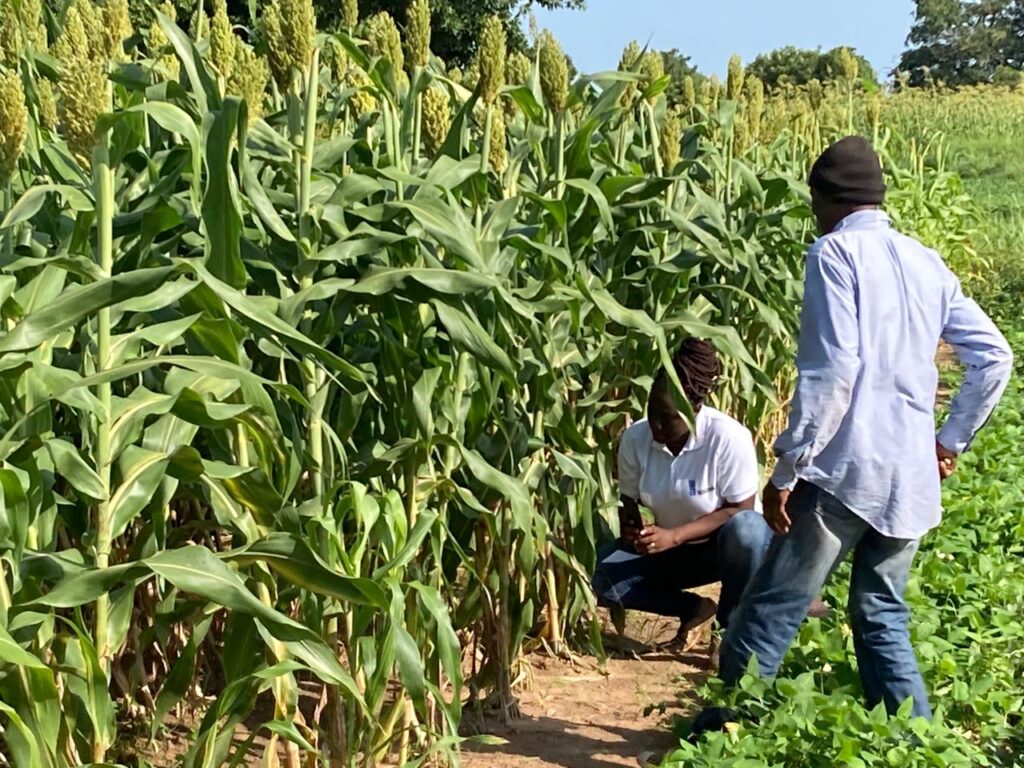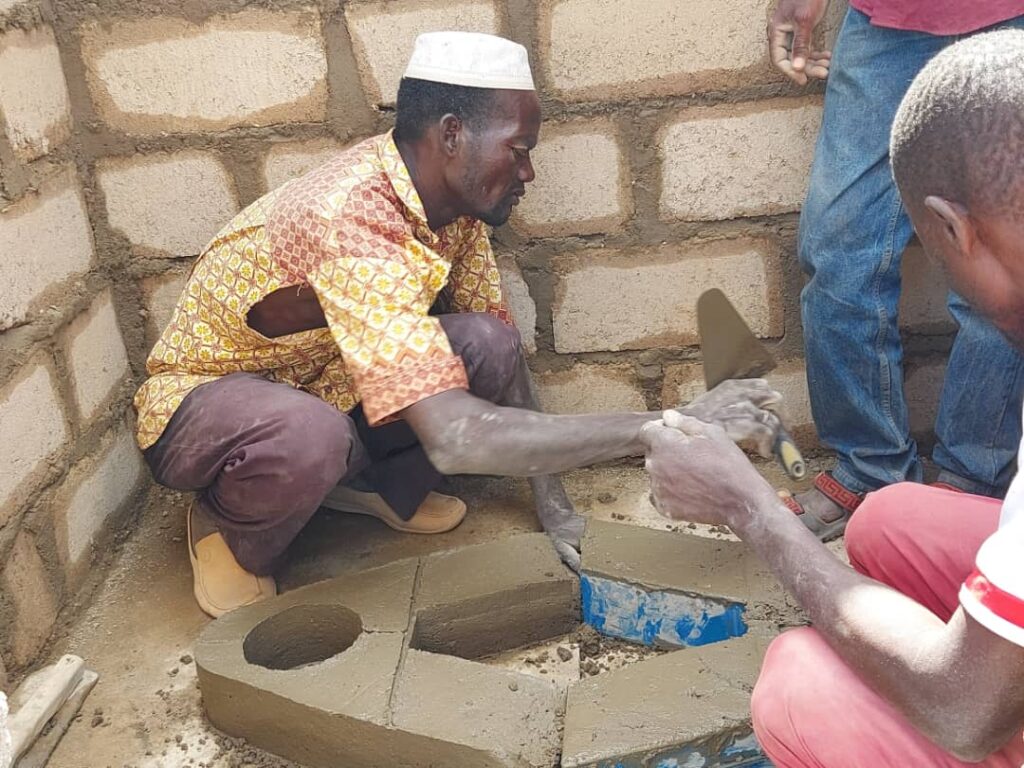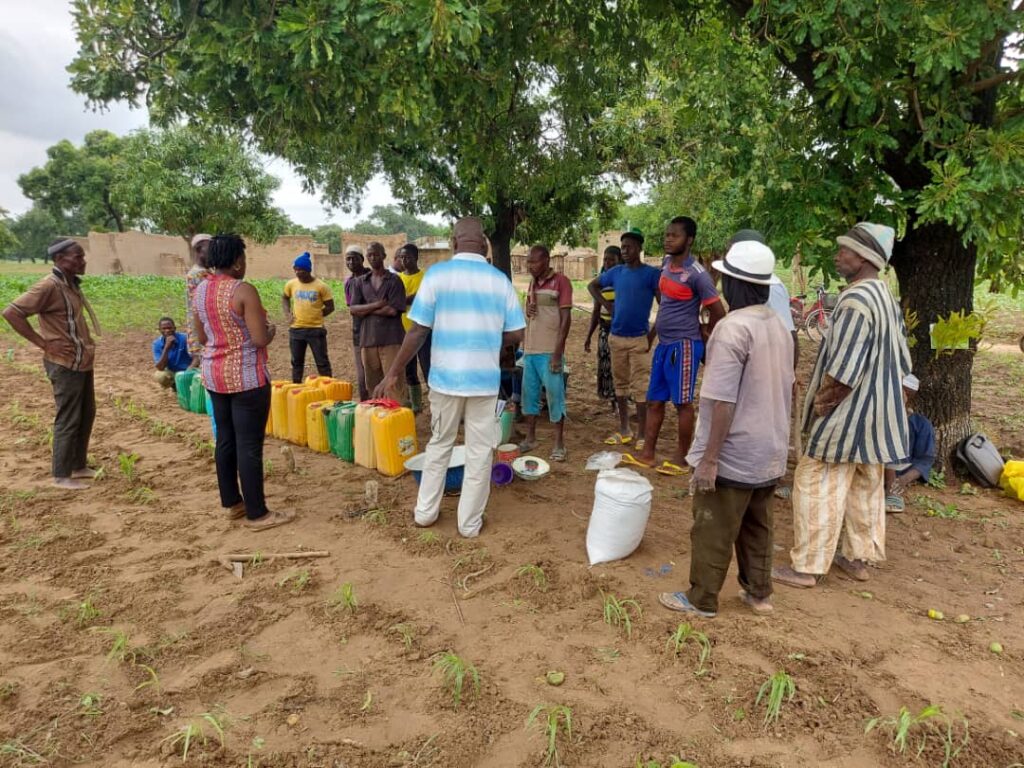
This is an interview piece with Saidou Savadogo, Programme officer at WaterAid Burkina Faso.
- What is sustainable sanitation? Are rural areas different from urban areas?
Sustainable sanitation involves managing various types of waste, including wastewater, excreta, and domestic and industrial waste, from storage to collection, transportation, treatment, recovery, and reuse of by-products. The solid by-products can be used as fertilisers in agriculture and produce energy through biogas, while the liquid by-products can save water by using them to water crops. This system prioritises social acceptance, ecological sustainability, and economic viability while protecting public health and water resources. Its goal is to reduce the impact of waste on the environment for both current and future generations.
In Burkina Faso, the way of life and daily activities of people in rural areas are distinct from those in urban areas. In rural areas, a community or household is responsible for all aspects of sustainable sanitation. However, households depend on service providers in urban areas to manage wastewater and excreta in faecal sludge treatment plants.
- What was the method/steps used to choose the appropriate sanitation solution for Burkina Faso?
The process of selecting a sanitation solution involves several stages. Firstly, (a) an analysis was conducted to understand the community’s needs regarding wastewater and excreta sanitation, living environment, and agricultural production. This included gathering data from previous projects and rural populations to determine their needs and practices. Secondly, (b) regulatory texts, standards, and wastewater and excreta management programmes were studied to determine implementation approaches and technological options to meet community demand. Thirdly, (c) the advantages and disadvantages of each approach and technology were assessed for the rural environment. Fourthly, (d) the adaptability of the Clean and Green framework to the specific context of Burkina Faso was evaluated. Finally, (e) consultation workshops were held with actors in the sanitation, agriculture, and environment sectors to ensure the needs of technical services were met and actions were synergised.


